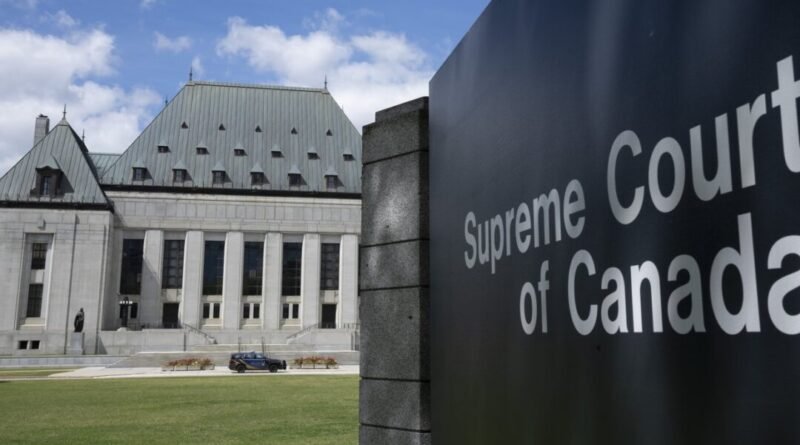Supreme Court Rules States Not Completely Immune from Enforcing Laws that Violate the Constitution
Canada’s highest court has ruled the state does not have full immunity if adopted legislation is subsequently found to be unconstitutional.
Joseph Power was convicted of two indictable offences in 1996 and served his sentence. At that time, one could apply for a record suspension after one’s release.
In 2011 while working in a hospital as a medical radiation technologist, Mr. Power’s employer received a tip he had a criminal record, which led to his suspension.
Mr. Power applied for a record suspension in 2013, but laws passed in 2010 and 2012—the Limiting Pardons for Serious Crimes Act and the Safe Streets and Communities Act—retroactively made him ineligible. His application was denied and he couldn’t find work in his profession in New Brunswick and Quebec.
Section 24, which relates to enforcement of the Charter, says anyone whose rights or freedoms have been infringed upon can make a court application to seek remedy.
The Supreme Court noted that the two pieces of legislation from 2010 and 2012 have been found unconstitutional by other courts, a position supported by the attorney general.
In Canada v. Power, the attorney general argued anything less than absolute immunity would be inconsistent with the foundational constitutional principles of parliamentary sovereignty, the separation of powers, and parliamentary privilege.
Mr. Power countered that these principles do not require absolute immunity and that they could be in conflict with constitutionalism and the rule of law. The Supreme Court agreed.
“An absolute immunity fails to properly reconcile the constitutional principles that protect legislative autonomy, such as parliamentary sovereignty and parliamentary privilege, and the principles that require the government be held accountable for infringing Charter rights, such as constitutionality and the rule of law,” wrote Justices Wagner and Andromache Karakatsanis in the decision.
In a dissenting opinion, Justices Suzanne Côté and Malcolm Rowe said the attorney general’s appeal should be allowed. They wrote that writing and enacting legislation involves parliamentary privilege, “which is fundamentally at odds with awarding damages against the Crown in the manner sought.”
“Both parliamentary privilege and the Charter constitute components of the Constitution of Canada. Neither one subordinates the other.”
Department of Justice spokesperson Ian McLeod told The Epoch Times in a statement the decision is being “carefully” reviewed to evaluate its impact on ongoing cases.
The Canadian Constitution Foundation, which intervened in the case, said it was pleased with the ruling.
The civil liberties group said having to pay damages will help deter governments from knowingly passing laws in conflict with the Constitution.
“If the freezing of bank accounts during the freedom convoy is any indication, we still can’t trust Parliament to never enact unconstitutional laws,” said the foundation’s Litigation Director Christine Van Geyn.





